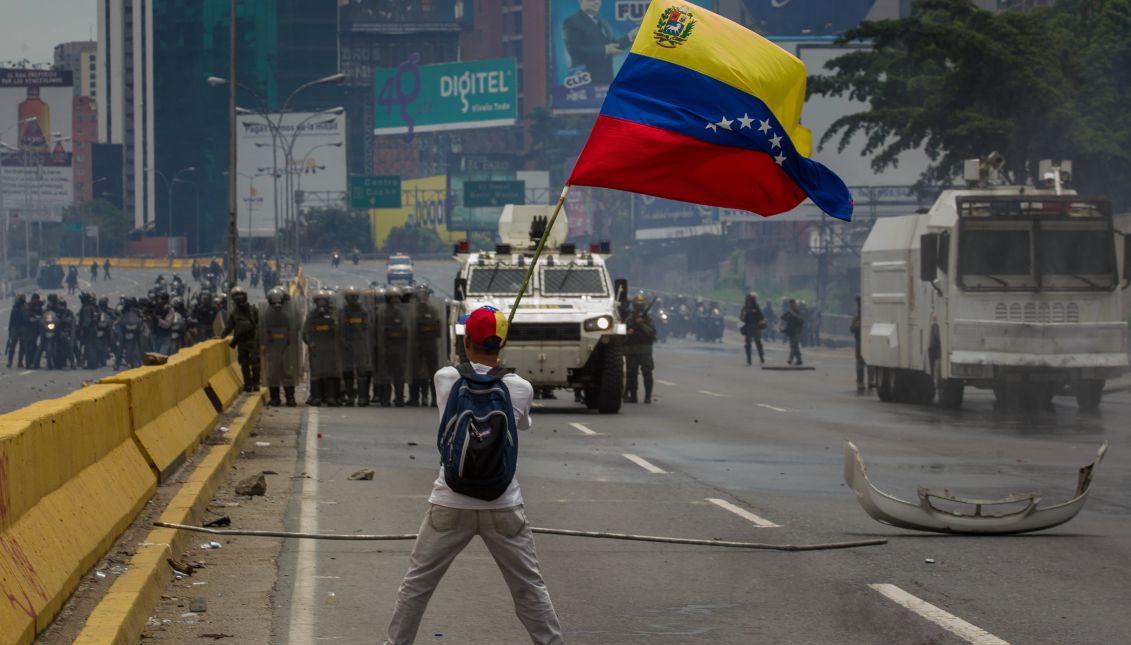
Venezuela Unrest: Death toll in violent protests rises to 34
The death toll in the Venezuelan protests increased to 34 after another young man was killed in Caracas on Wednesday amid escalating tensions provoked by the government's call for a rewrite of the constitution.
Thousands of protesters made their ways to the Parliament in the west of the city and ended up clashing with security forces who have been blocking roads and dispersing the protest with tear gas and rubber bullets.
The violence escalated as a group of demonstrators began throwing stones and Molotov cocktails at the tanks and officers from the Bolivarian National Police (PNB) and the Bolivarian National Guard (GNB).
The confrontation lead to the death of a young man, who was shot in the neck, according to Interior Minister Nestor Reverol, who did not provide more details about the suspected assailants.
Authorities also said that more than 180 people were injured, including six Venezuelan members of Parliament.
The opposition alliance, Democratic Unity Roundtable (MUD), said the opposition MP's Julio Montoya, Gaby Arellano, Miguel Pizarro, Ivlev Silva, Williams Davila and Parliament vice-president Freddy Guevara were among those injured.
The opposition further explained that Guevara and Montoya were injured by the impact of tear gas canisters but both of them are now under medical attention and safe.
The opposition announced that it will remain in the streets until the constitutional order of the country is restored, which they claimed was disrupted when the Supreme Court assumed the functions of Parliament.
Although the measure was reversed within a few days, the opposition demanded that those judges who issued the ruling be dismissed. They also called for elections for all public posts, including the president.
Venezuelan President Nicolas Maduro's initiative to elect a Constituent Assembly to reform the country's constitution has been badly received by the opposition who claimed it is another attempt by the executive to hold onto power.
The proposal, which was legalized in the National Electoral Council on Wednesday by Maduro himself, has given new reasons for opponents to protest in the streets.
CONTENIDO RELACIONADO
The Student Movement, which gathers opposition students from the largest and most important universities in the country, announced a round of new demonstrations in all educational institutions.
Maduro responded to the violence caused during and after the protests, saying that an "armed insurgency" against the Republic has emerged since the opposition began to demonstrate and that he has given the order to search for these armed groups that he claimed have risen against the people.
In his speech, Maduro said that the country is heading towards "a coup" and that they are trying to defeat him, although he added that "much remains to be done."
Maduro also blamed the president of the parliament, the opposition leader Julio Borges, for the "crimes" and the acts of violence happening in the country.
The "original constituent power" to convene a constitutional assembly was announced by the president Monday as the only alternative to achieve peace and control the "coup".
The Venezuelan president made this move after a month of anti-government protests during which the opposition was calling for regional elections, the release of political prisoners and the opening of a humanitarian channel to let food and medicines enter the country.
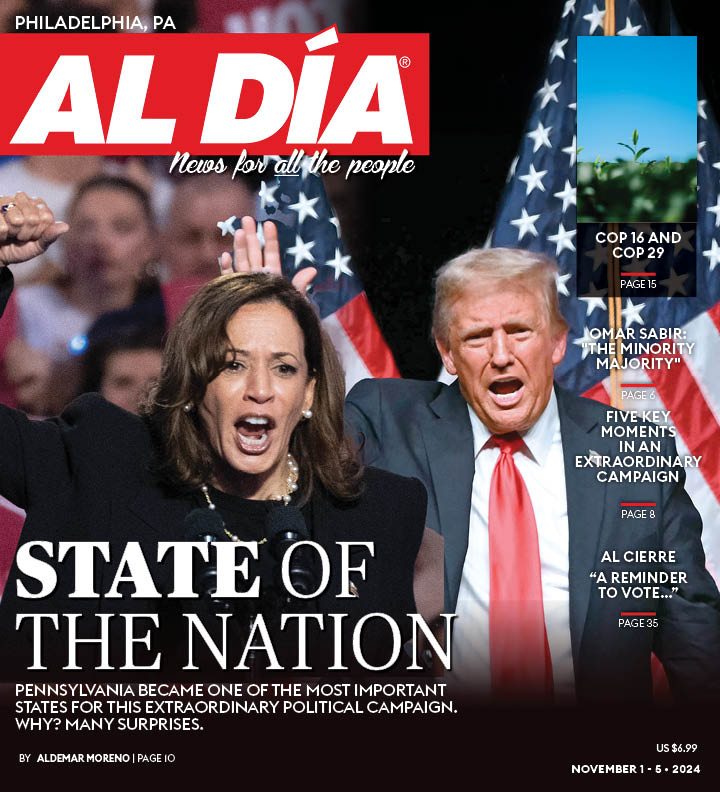

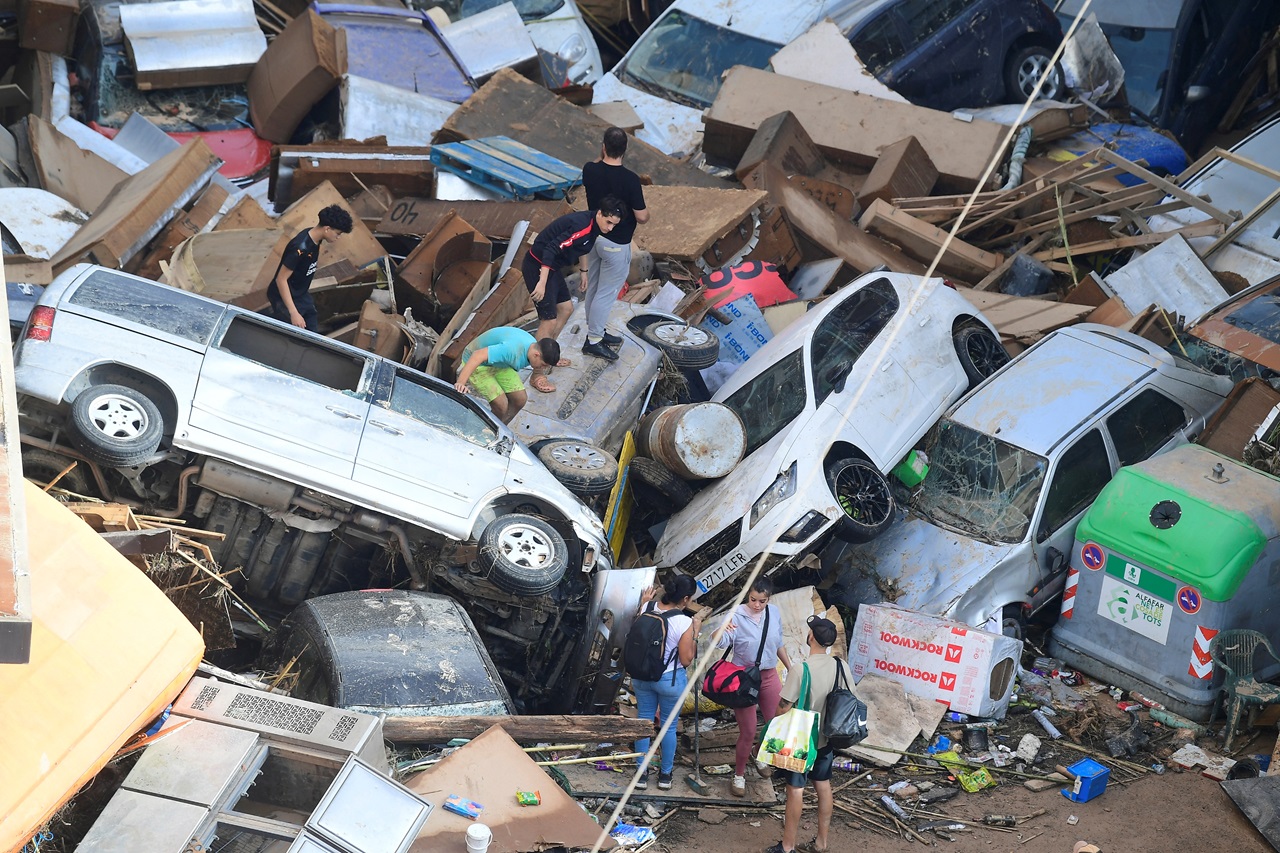
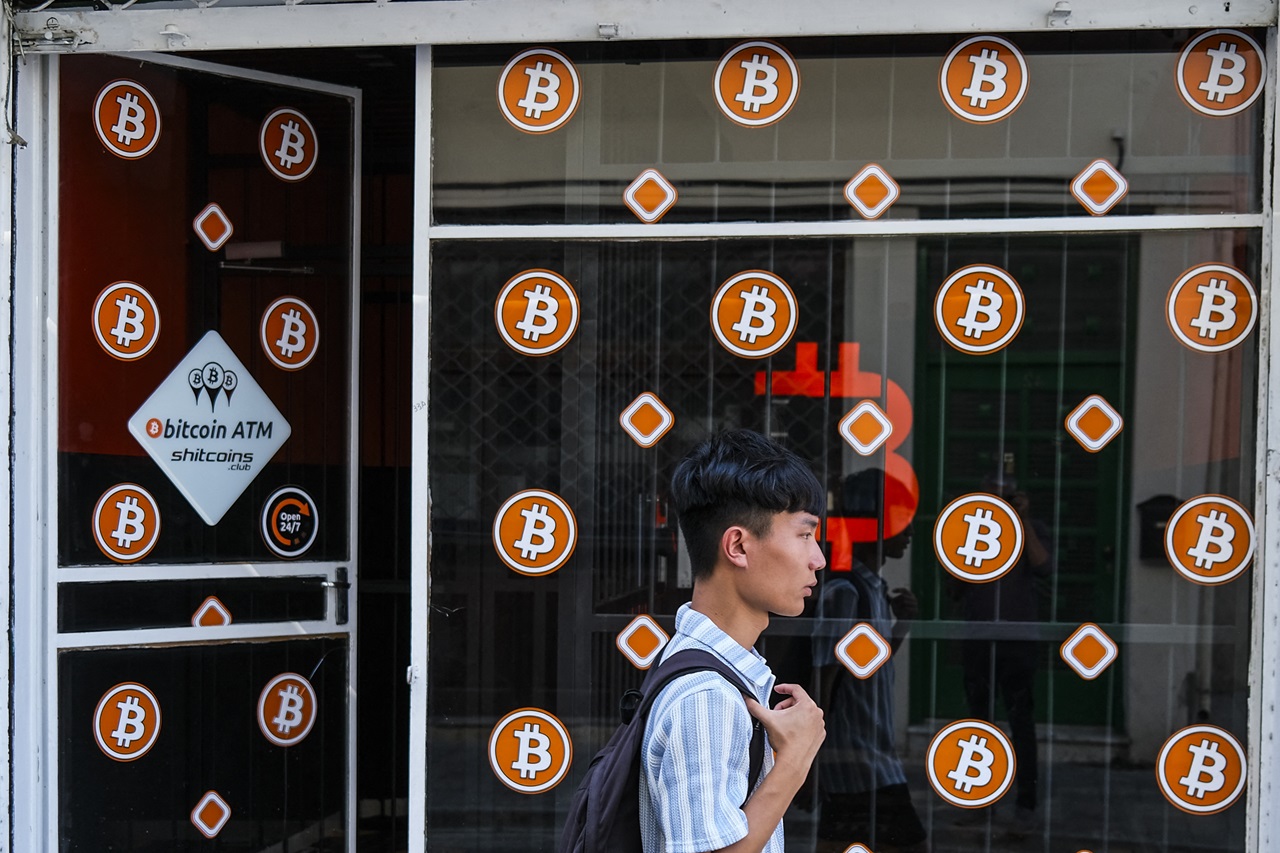
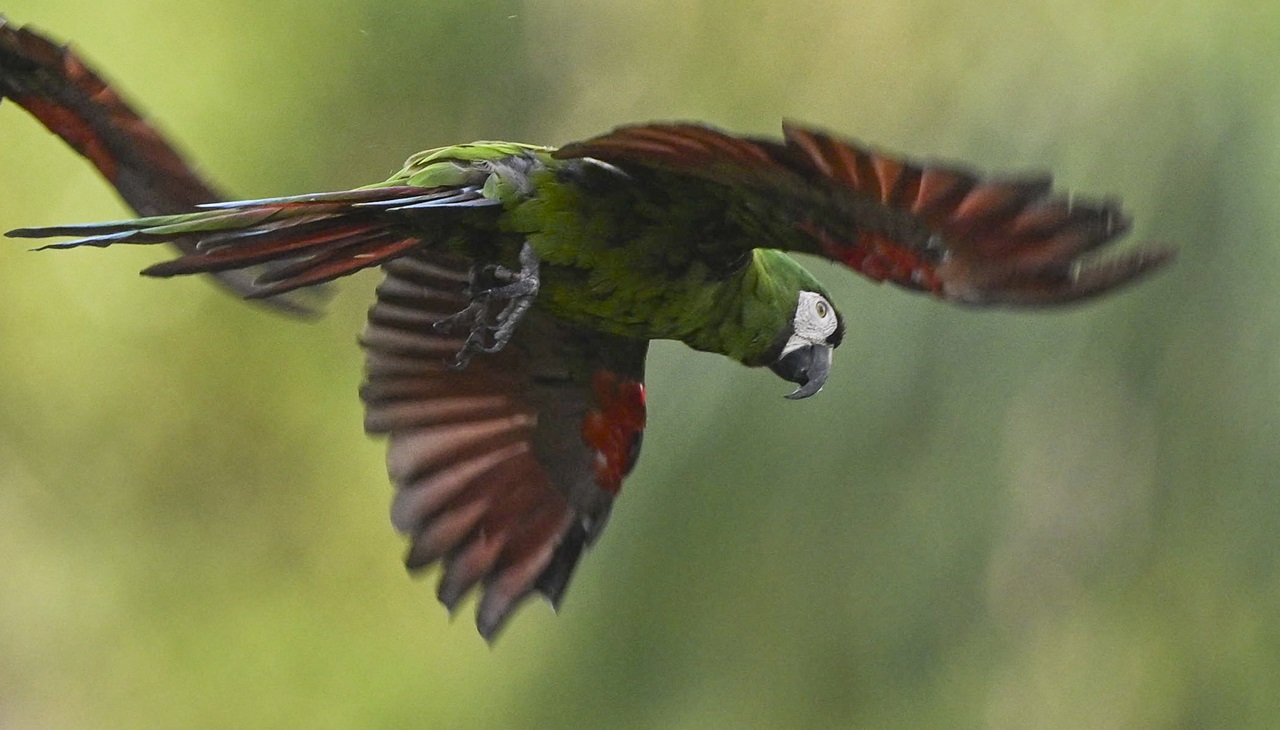
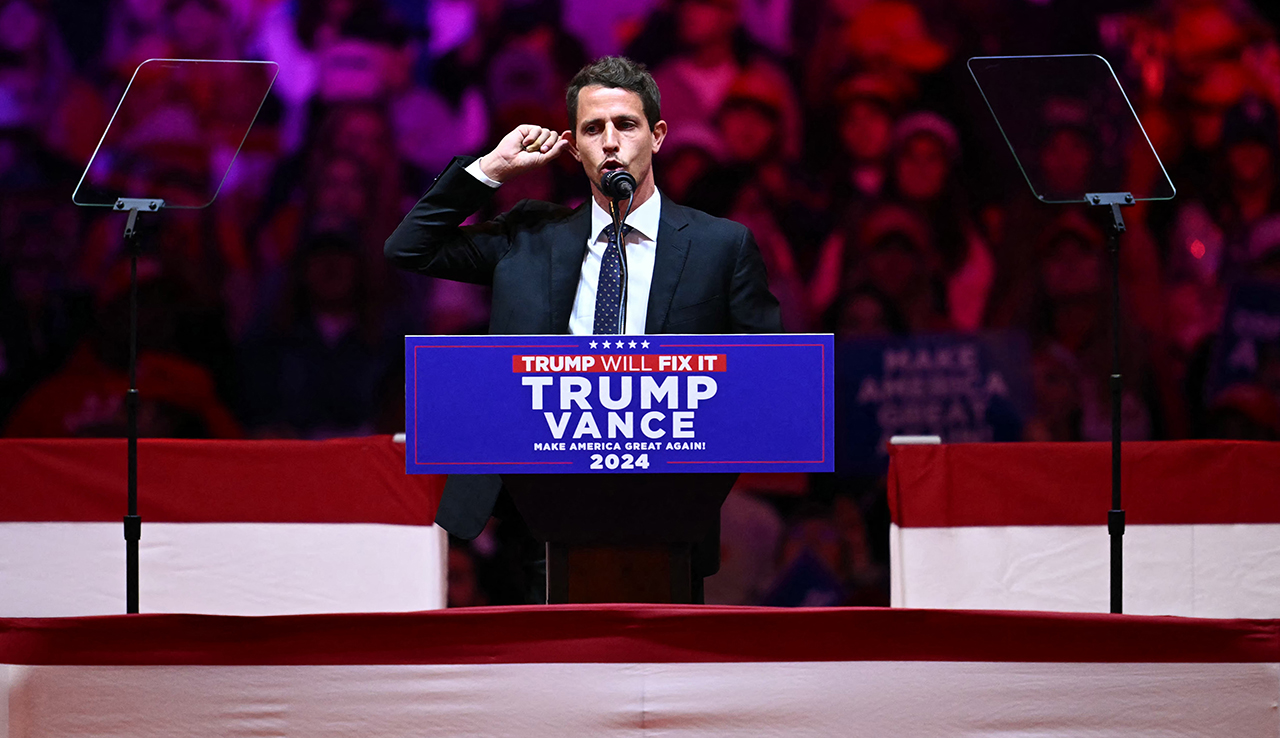
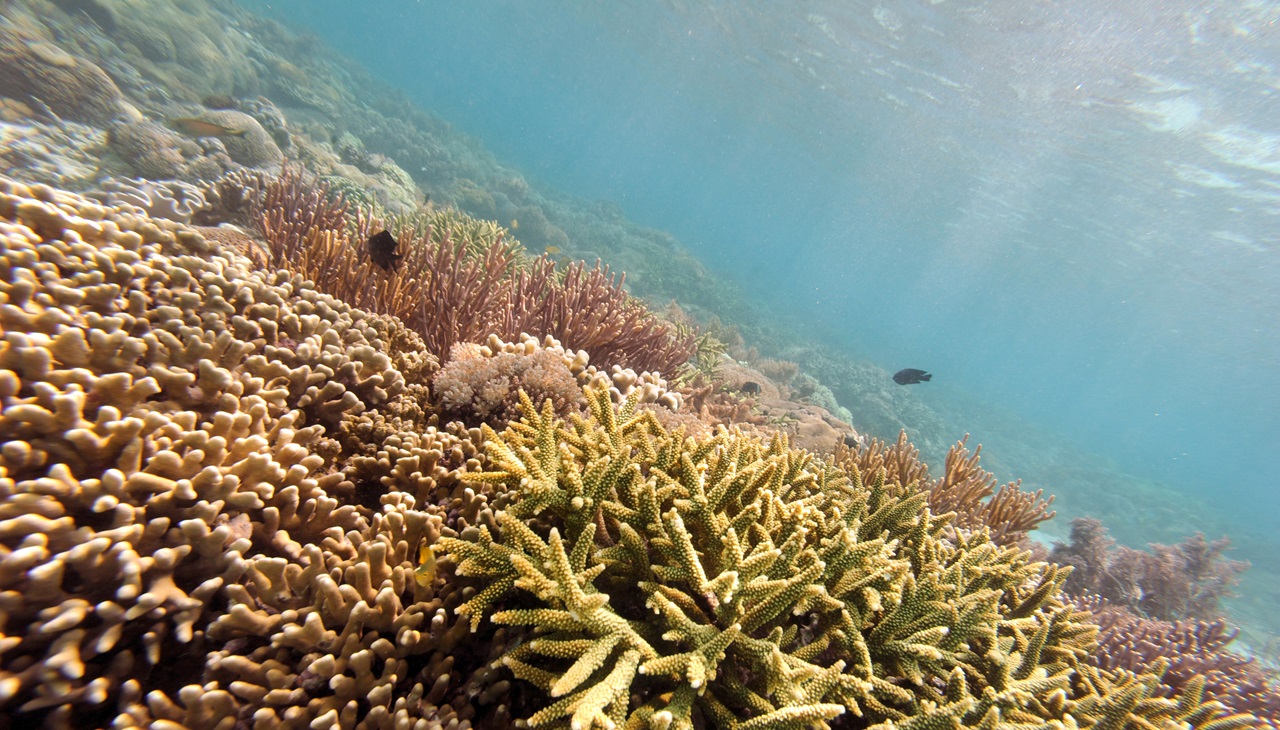
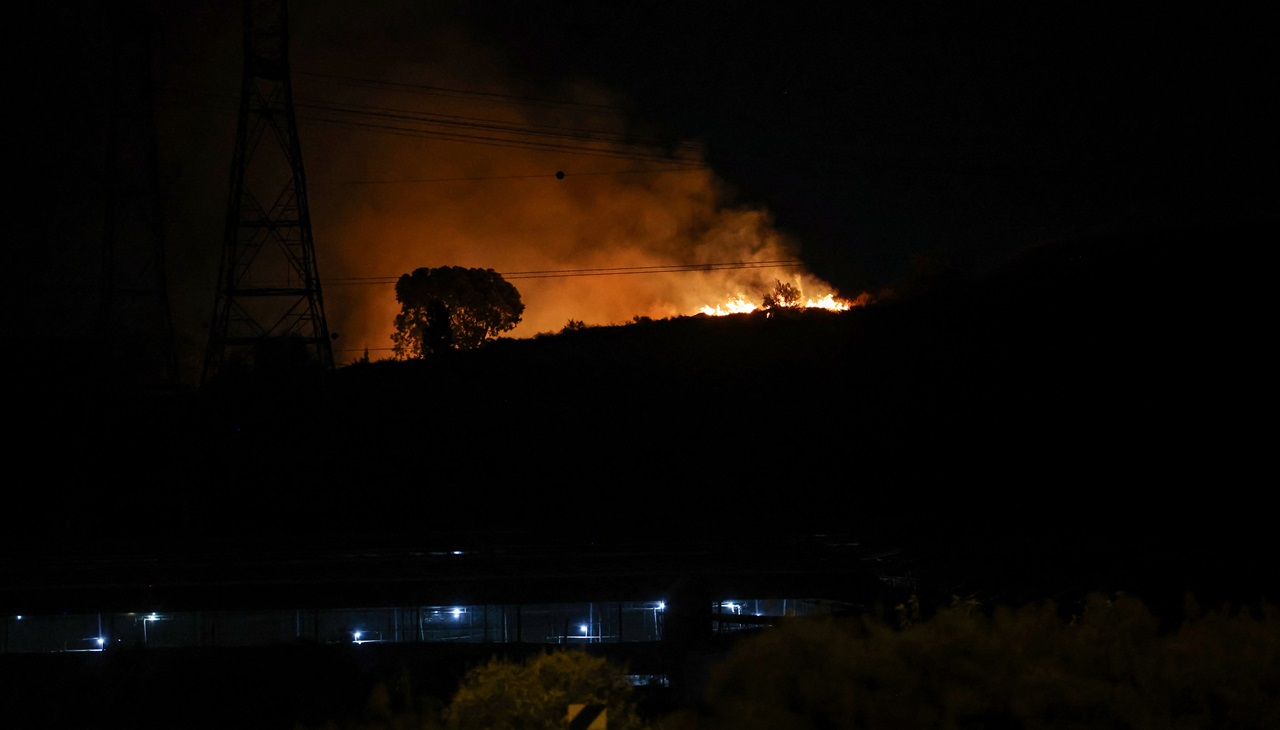
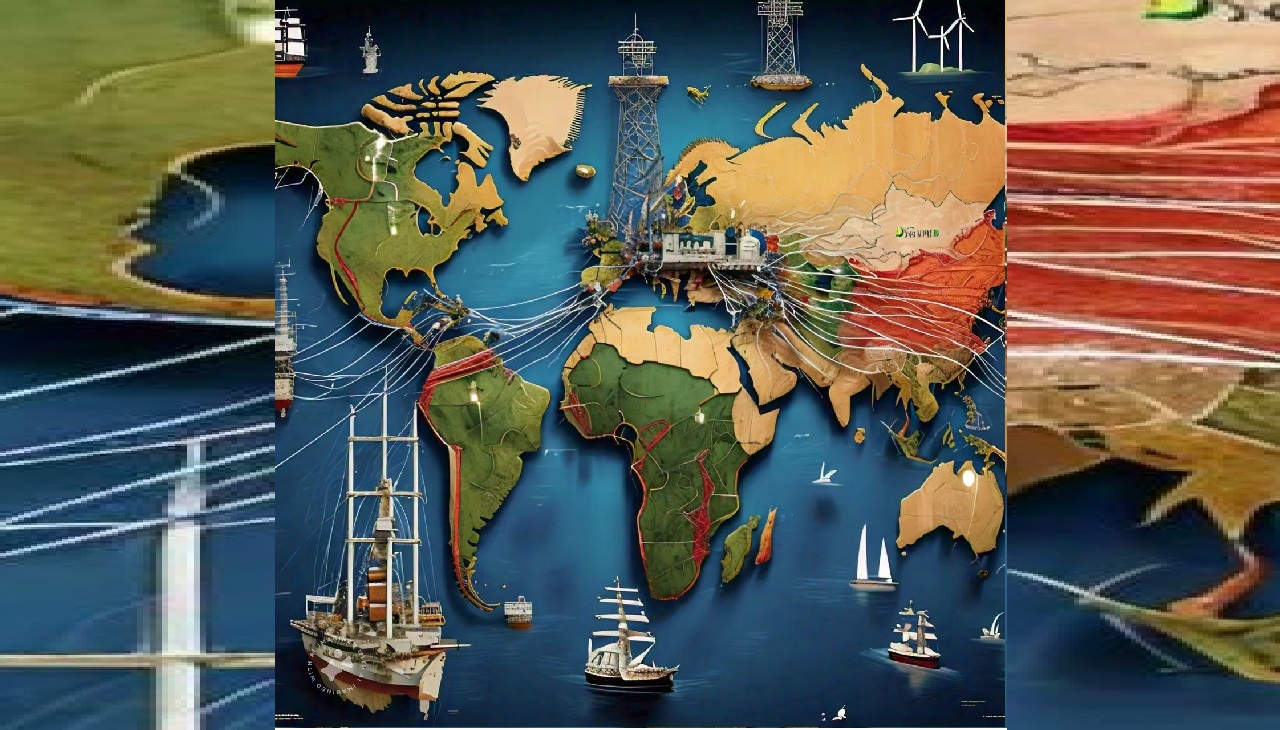
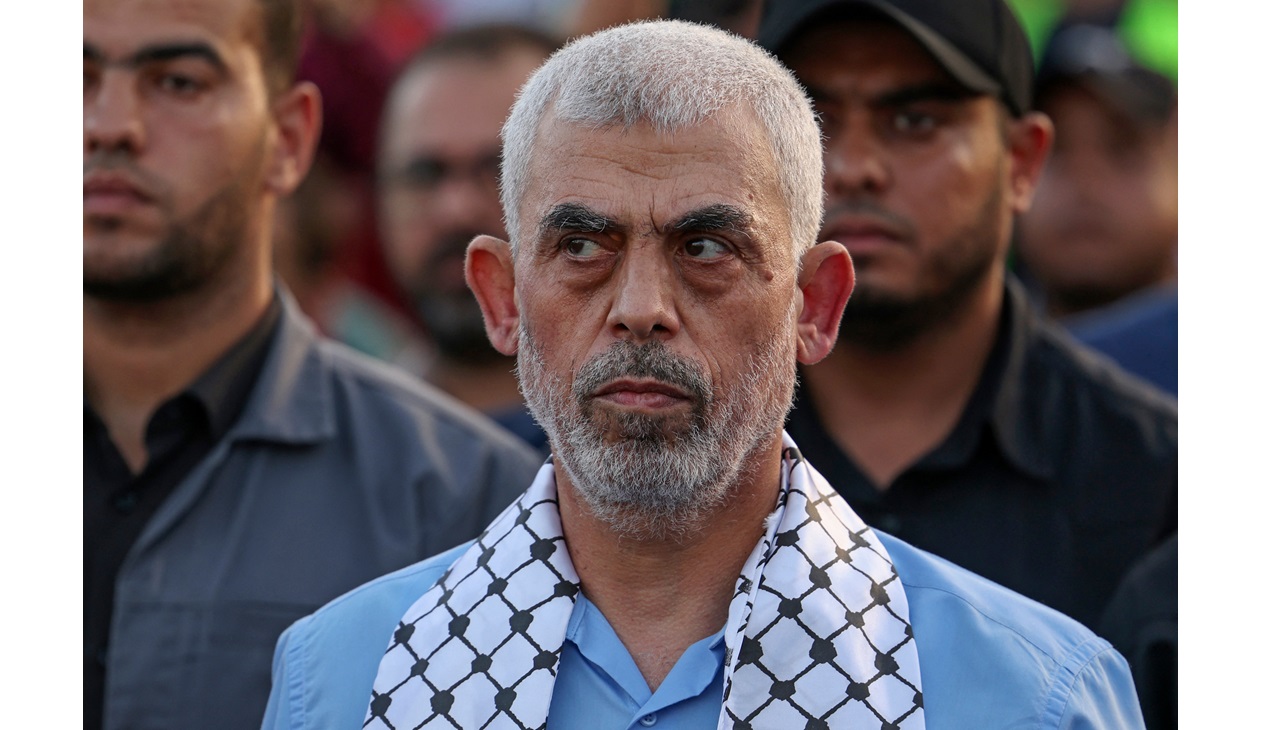
DEJE UN COMENTARIO:
¡Únete a la discusión! Deja un comentario.